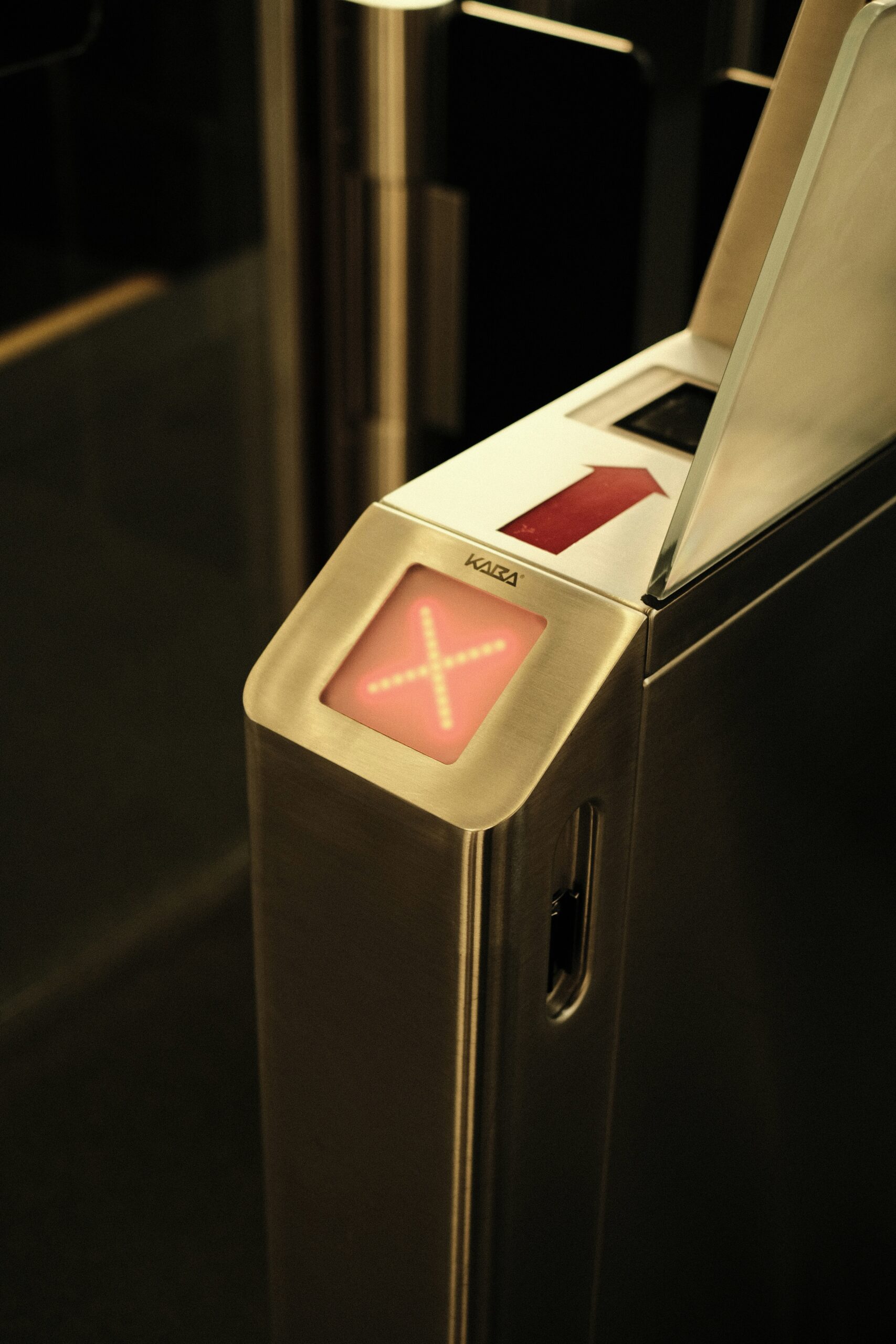Buenos Aires, July 2025 — The Argentine government has enacted new immigration measures under Presidential Decree 366/2025, introducing tougher deportation rules and streamlined expulsion procedures for foreign nationals residing in or entering the country.
What Changed?
Under the new decree:
- Deportation can be ordered even if a person is only under investigation — a conviction is no longer required.
- Entry can be denied to individuals with pending criminal cases abroad.
- Falsifying documentation, overstaying a visa, or entering with misleading intentions (such as claiming false tourism) may lead to immediate removal from the country.
- Immigration courts will now operate under faster deadlines, allowing fewer opportunities for appeal.
These measures are part of a broader security agenda that aims to “regain control over the country’s borders,” according to statements from the Argentine Ministry of Interior.
Possible Consequences
- Expedited deportation without prior court hearings.
- Reentry bans lasting between 5 and 15 years.
- Home inspections and compliance checks for foreigners residing in Argentina without updated documents.
What You Can Do
- Ensure your immigration status is legal and up to date.
- If you are unsure whether your paperwork is in order, consult with a qualified immigration lawyer.
- Travelers planning to enter Argentina should carry valid criminal background checks, health insurance, and accurate travel documentation.
Need Help?
If you are a foreign national in Argentina or planning to return after a visa run, we strongly recommend reviewing your legal status. Our team specializes in immigration law and regularization procedures for expats. Contact us today



